Are French Fries French? Part 1 Posted by John Bauer on Feb 1, 2017 in Vocabulary
There are words in English that use French as an adjective, but is a French horn really French? Do the French also call a French kiss French? I started to wonder about this once when I was eating French fries à l’aéroport.
French Fries
Les frites are a type of fried food that can be found all around the world. In French they can be called les pommes de terre frites, les pommes frites, les patates frites, or simply les frites. No matter how it’s said they are never called French in French!
Alors pourquoi dit-on French fries en anglais ?
Then why do we say French fries in English?
It probably has to do with its origins in the French speaking parts of Europe. There is a controversy over whether les frites come from la Belgique or la France, but you can be pretty sure the French in French fries refers to its origins in la francophonie.
French Kiss
Un baiser amoureux is un baiser avec la langue (a kiss with tongue), often seen as a romantic kiss or un baiser profond (a deep kiss). The general association with l’amour (love) is probably why this particular type of baiser has become associated with France.
In the past a French kiss was known as un baiser florentin (a Florentine kiss) in French. The French must have thought of la Florence the same way English speakers think of France today!
French Toast
Le pain perdu is a breakfast food that mixes du pain (bread) with du lait et des œufs (milk and eggs). The French term pain perdu (litterally “lost bread”) refers to how it’s a way to use otherwise useless pain rassis (stale bread).
Le pain perdu finds its origins in the Roman empire with references to le mets (the food) as early as the 4th century!
Another interesting note is how au Québec French toast is known under a different name : le pain doré (golden bread).
French horn
Le cor d’harmonie is un instrument à vent (a wind instrument) and are not really French in origin.
The name comes from the hunting horn or le cor de chasse as it was often called at the time. Les cors de chasse were largely manufactured in France when they started to gain more usage. This lead to them being associated with the country and gaining the French adjective.
At least both French and English can agree that un cor anglais (an English horn) is English!
French Press
La cafetière or more specifically la cafetière à piston is a way to brew coffee using a mesh piston instead of un filter à café (a coffee filter). After letting the coffee brew for a couple minutes you compress it by pushing down the mesh piston.
In my experience most households do not even have une cafetière à piston, opting more for either une machine à café (a coffee machine) or une cafetière italienne (a moka pot).
It can sometimes be a bit confusing when you ask for une cafitière as some French people may first think of une cafetière italienne before they think of une cafetière à piston.
French Braid
La tesse française is une coiffure (a hair style) where you tresser les cheveux (braid hair). In simple terms la tresse française involves dividing the hair into trois parties (three parts) and then braiding it.
The name comes from the fact that la coiffure originates from la France!
The use of the word French as an adjective in English can be fun, but can also lead to some silly mistakes. A French person would be very confused if you asked for du pain grillé français (litterally “French toast”).
Next week I’ll take a look at a few more “French” words and even give an example of a “French” word that is used in French, but not in English:

Build vocabulary, practice pronunciation, and more with Transparent Language Online. Available anytime, anywhere, on any device.



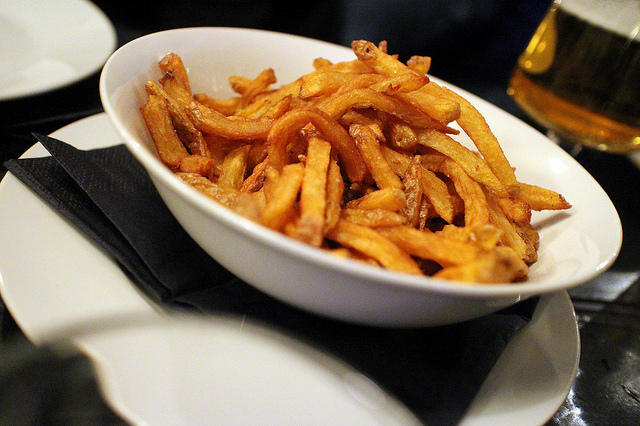
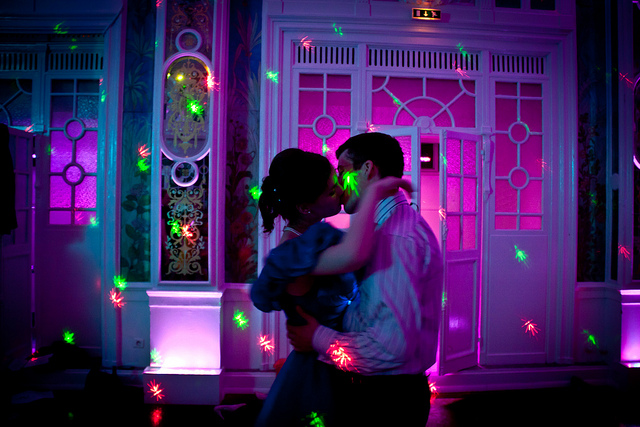
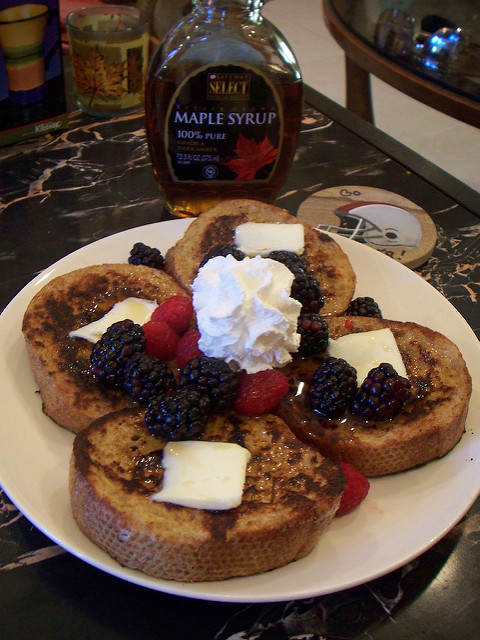
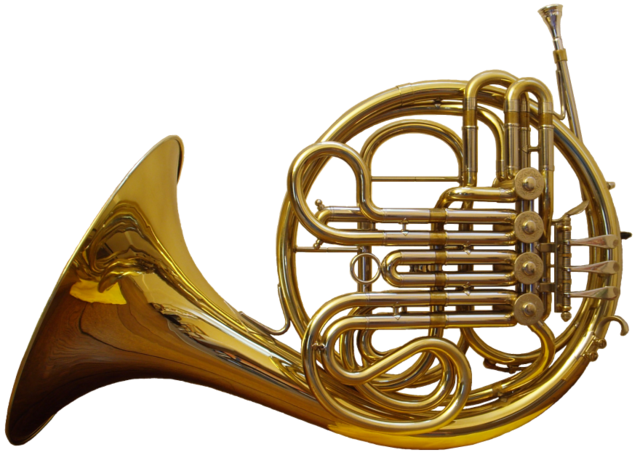
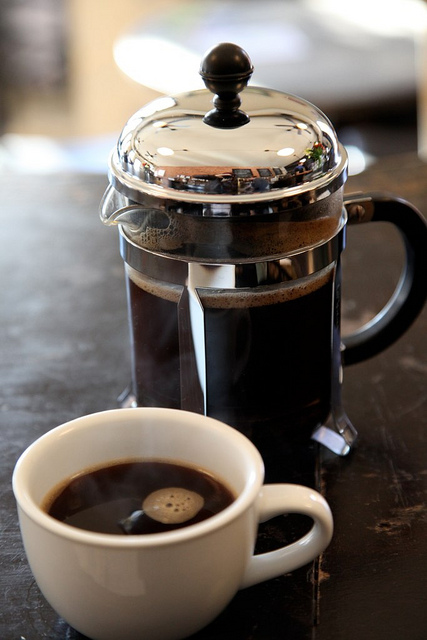
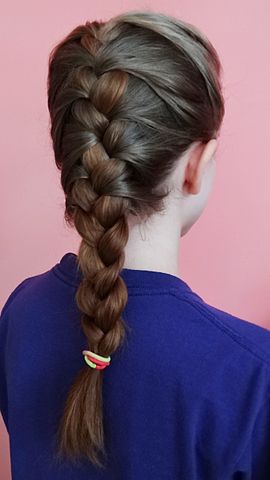

Comments:
Mikr:
Interesting and fun!
Lola:
Really interesting – thank you
Merika Amoy Ramocan:
Well researched, interesting, fun and enlightening
helena:
Great article 🙂
Chris:
French fries comes from when the potato is frenched as in cut longways and then cut again, frenched 🙂